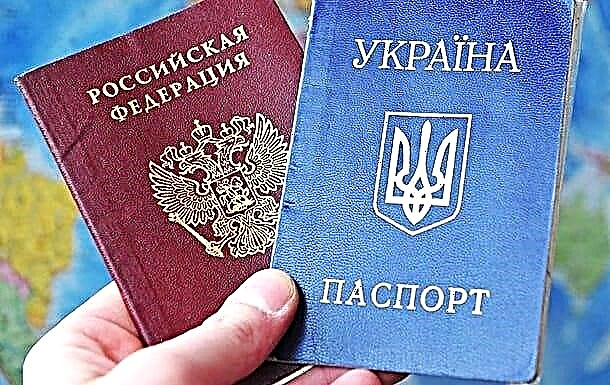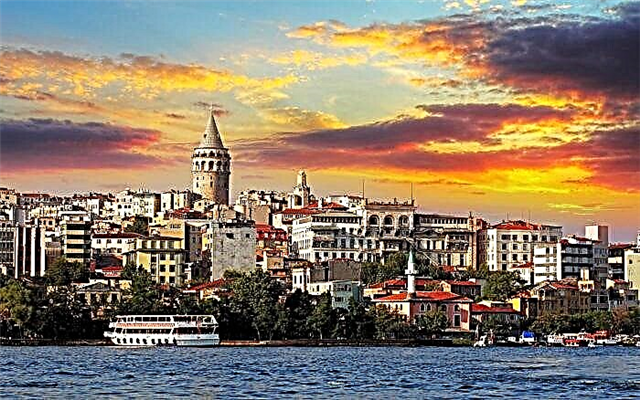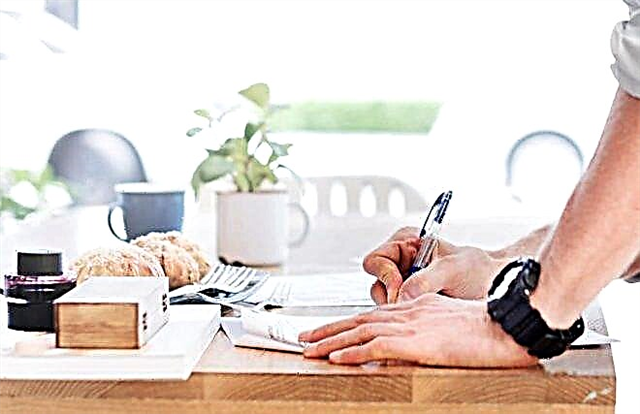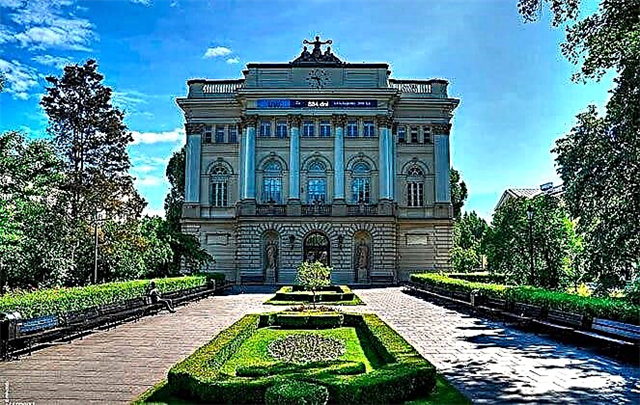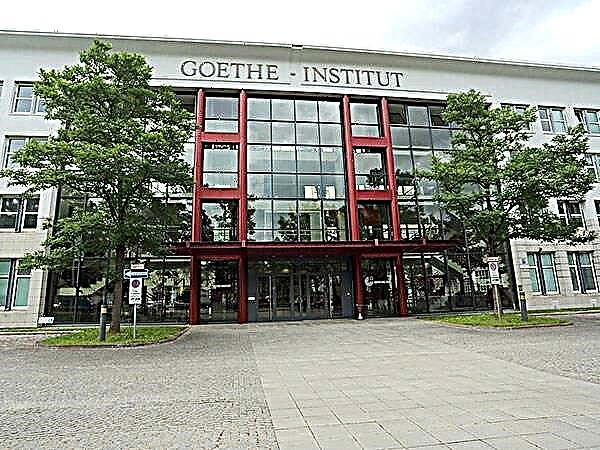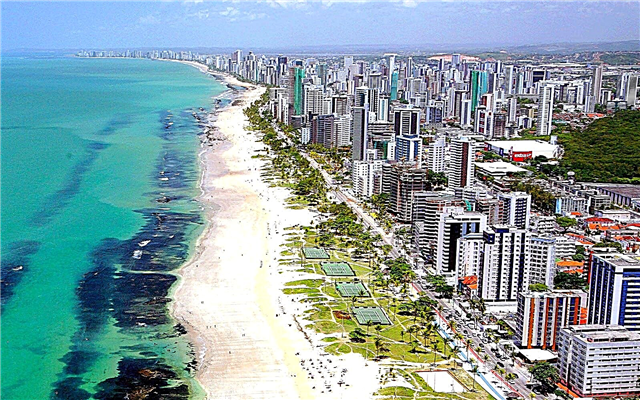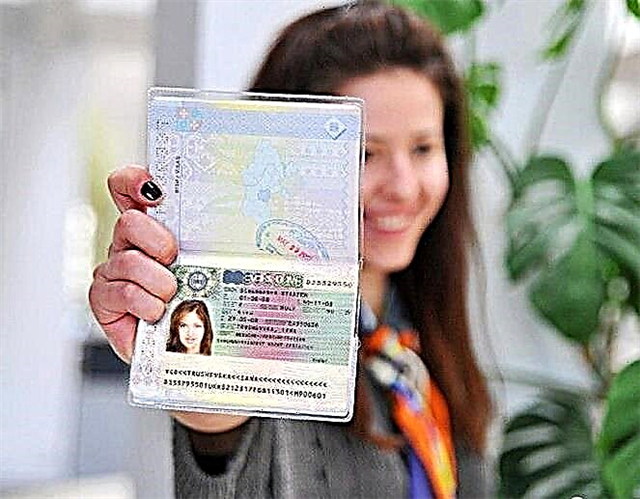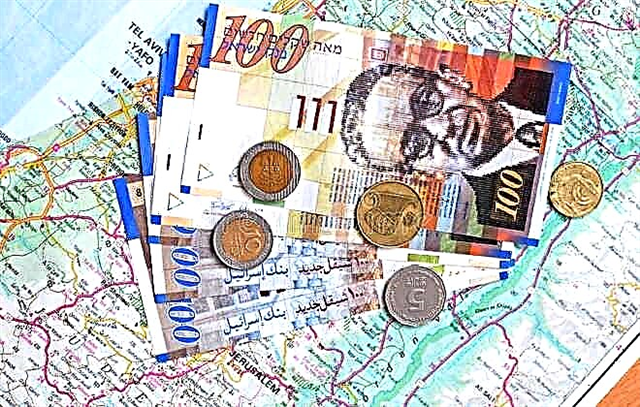Israel is a country with a unique ancient culture and the main spiritual center of three world religions. Tens of thousands of tourists and pilgrims from different countries of the world come here every year. If you are planning to visit the Promised Land, it is better to clarify in advance which currency in Israel will be convenient for you.

History of the Israeli currency
Tourists accustomed to the currency space of the dollar and the euro do not always know what money is called in Israel. Meanwhile, the Israeli currency - the shekel - is rooted in antiquity. Long before the beginning of our era, silver and gold shekels were a measure of the mass of these metals and the standard currency of Jews, Moabites, Adomites and Phoenicians. The thirty pieces of silver mentioned in the Bible, which Judas received for betraying Jesus Christ, were Tyrian shekels.
After the expulsion of the Jews from Palestine, the shekel was consigned to oblivion, and even when the State of Israel began to rebuild, monetary settlements in the country were carried out for a long time in Palestinian pounds (Israeli lira).
The Israeli currency regained its historical name in 1980, but due to the economic crisis, the shekels began to depreciate rapidly, and the government was forced to implement a new reform. Since 1986, Israel's national currency has been called the "new Israeli shekel". Its international designation is NIS (New Israel Shekel) or ILS (Israel Shekel), code 376, symbol - ₪ (this is a combination of the first letters of the words "shekel" and "new" in Hebrew).
Since 2003, NIS has been a freely convertible currency.
What money looks like in Israel
The new Israeli shekel is issued in the form of banknotes and coins. Currently in circulation there are banknotes in denominations of 20, 50, 100 and 200 shekels, as well as coins in ½, 1, 2, 5 and 10 shekels. Earlier banknotes depict political and cultural figures who played an important role in the development of the country: Prime Minister Moshe Sharet, writer Shmuel Agnon, Presidents Yitzhak Ben-Zvi and Zalman Shazar.
In 2008, new banknotes of 20 shekels were issued, made of polypropylene and having increased wear resistance. In 2014-2015, banknotes of a new series appeared, they depict famous poets of Israel: Rachel Bluvshtein, Saul Chernikhovsky, Lea Goldberg and Nathan Alterman.

An interesting feature of Israeli banknotes, introduced into circulation in 1997, is that the images on them are arranged vertically. On banknotes issued in 2021, the pattern is horizontal, like in most world currencies.
All Shekel coins bear the inscription "Israel" in Hebrew, English and Arabic, and the dates are written in Hebrew according to the Hebrew calendar.
One new shekel includes 100 agorot. In the past, coins were issued in denominations of 1, 2, 5 and 10 agorot, but now only 10 agorot denominations remain in cash circulation.
Where and how to exchange currency
Currently, the Israeli currency has a stable and fairly high exchange rate. As of the beginning of 2021, one US dollar is equal to 3.773 NIS, for one euro you can get 4.307 NIS. One new shekel costs 17-18 Russian rubles.
Payment for goods and services is made in shekels, but money can be exchanged in Israel everywhere: in banks, exchange offices, hotels, post offices and gas stations.
When planning a trip to the Promised Land, many travelers are interested in what currency is the most profitable for tourists in Israel. Here it should be borne in mind that in Israel there is no fixed rate of the national currency, therefore, in different cities and even different areas of the same city, the rate for any currency may be different and differ significantly. If you do not want to have unnecessary hassle with the exchange, you should give preference to stable freely convertible dollars and euros.
When choosing where it is better to change currency in Israel, keep in mind that banks charge a fairly high commission for this operation. Usually it reaches 4%, and at airports - up to 10%. Therefore, after arrival, it is better to exchange a small amount for shekels for transport and other operating costs, but make the main exchange elsewhere.
If you are looking for the most advantageous option to receive cash shekels, contact the post office or exchanger. The course in these establishments is quite acceptable and no commission is charged for the services.
Exchangers can be found in large shopping centers and on central city streets; many of them work around the clock. There are also currency exchange machines.
In popular resort cities (for example, in Netanya or Eilat), the exchange rate is less favorable than, for example, in Tel Aviv. Therefore, you can save a lot if you exchange money in the capital and only then go to the resort.
Currency exchange in Jerusalem is carried out at about the same rate as in Tel Aviv. Some souvenir shops accept rubles as payment. In cities with a large number of migrants from post-Soviet countries (for example, in Ashdod) there are Russian restaurants where you can also pay in rubles.
At hotel counters, currency is usually not changed, but in the lobbies of hotels or in the vicinity of them, you can most often find an exchange office or an automatic machine. Some private stores may accept dollars as payment. True, the seller of the store will set the rate himself and give the change in shekels. But in general, foreign currencies are not in use in Israel, so it is better to stock up on shekels for shopping.
Tourists from the Russian Federation are interested in whether it is possible to exchange rubles for shekels in Israel. Experienced travelers do not recommend this. The ruble is not popular in the country, so it is not possible to exchange it everywhere, and the exchange rate will be extremely unprofitable. You can exchange rubles at an acceptable rate at the exchange office in the "Russian quarter" of Tel Aviv on Allenby Street.
Never exchange currencies hand-held. There are many scammers in Israel, including Russian-speaking ones. You can become a victim of deception and run out of money.
ATMs and cashless payments
Israel is one of the international leaders in terms of the volume of non-cash payments in the household sector. In shopping centers, shops, hotels, amusement parks, you can pay with bank cards. The advantage of using non-cash payments is that the rate at which other currencies are converted into shekels is more favorable than when exchanging for cash.

When deciding what is better to take to Israel: dollars or euros, choose the third option - take a bank card. Conversion of any currency into shekels in terminals is performed automatically and regardless of the type of currency.
There are many ATMs in the country through which you can cash out. Israeli ATMs accept cards of all popular international payment systems - VISA, MasterCard, American Express and others. There will also be no problems with receiving money from traveller's checks.
Currency transport rules
In the recent past, Israel was allowed to import any currency in unlimited quantities. But since December 20, 2021, the country entered the Financial Action Task Force on Money Laundering (FATF), so its customs rules have undergone some changes.
There are still no restrictions on the amount of funds that are allowed to be imported or exported from Israel. But from January 1, 2021, when importing an amount that exceeds the equivalent of 50,000 shekels, you must declare it and answer the questions of the customs officer about its origin.
When entering Israel from Jordan or Egypt, all amounts that exceed 12,000 shekels must be declared. In this case, not only cash banknotes are taken into account, but also funds that are on bank cards and traveller's checks.
If you cannot provide reliable explanations about the origin of the money, the entry will be closed for you.
Attempts to evade declaration are severely punished. Pursuant to section 61 (a) (4) of the Criminal Code of the State of Israel, the perpetrator must pay a fine of ten times the undeclared amount or may be sentenced to 6 months in prison.
It is allowed to import into the country goods that are not included in the list of prohibited, in the amount of not more than 200 US dollars.
Tax Free Program
All purchases in Israel are taxed (VAT), which is 17% of the total purchase price. For foreign tourists, there is a tax refund system if they purchase goods in shops that support the Tax Free program, in the amount of at least 400 shekels. Trading establishments that are included in the "Taxvat" system have the designation "Change Place - Tax Refund" on the sign.
To use the VAT refund program, you need:
- After paying for the purchased goods, ask the seller for a receipt and a Tax Free form. The form contains the passport details of the buyer, the name and the purchase price. The check together with the goods is placed in a transparent bag and sealed.
- When leaving the country, go to the Change Place office at the airport or at the border point, present the purchased goods and the Tax Free form, get a stamp on the return form.
- Go to the refund point, where your documents will be checked and VAT refunded. Money can be issued in cash or transferred to a bank card.
In Israel, VAT can be refunded not only on purchases, but also on the cost of living in hotels, and for sightseeing cruises. The tax is not refundable on the purchase of electronics, photographic equipment and photography equipment, food, drinks and tobacco products.
Conclusion
The Israeli new shekel is a relatively young currency, but over the past 40 years it has firmly established itself in the list of stable and freely convertible currencies in the world. In Israel, the shekel is accepted as the main means of payment. In order not to have difficulties with the exchange of foreign currency for shekels, when traveling to this country, it is better for Russian tourists to take with them not rubles, but American dollars or immediately shekels.

